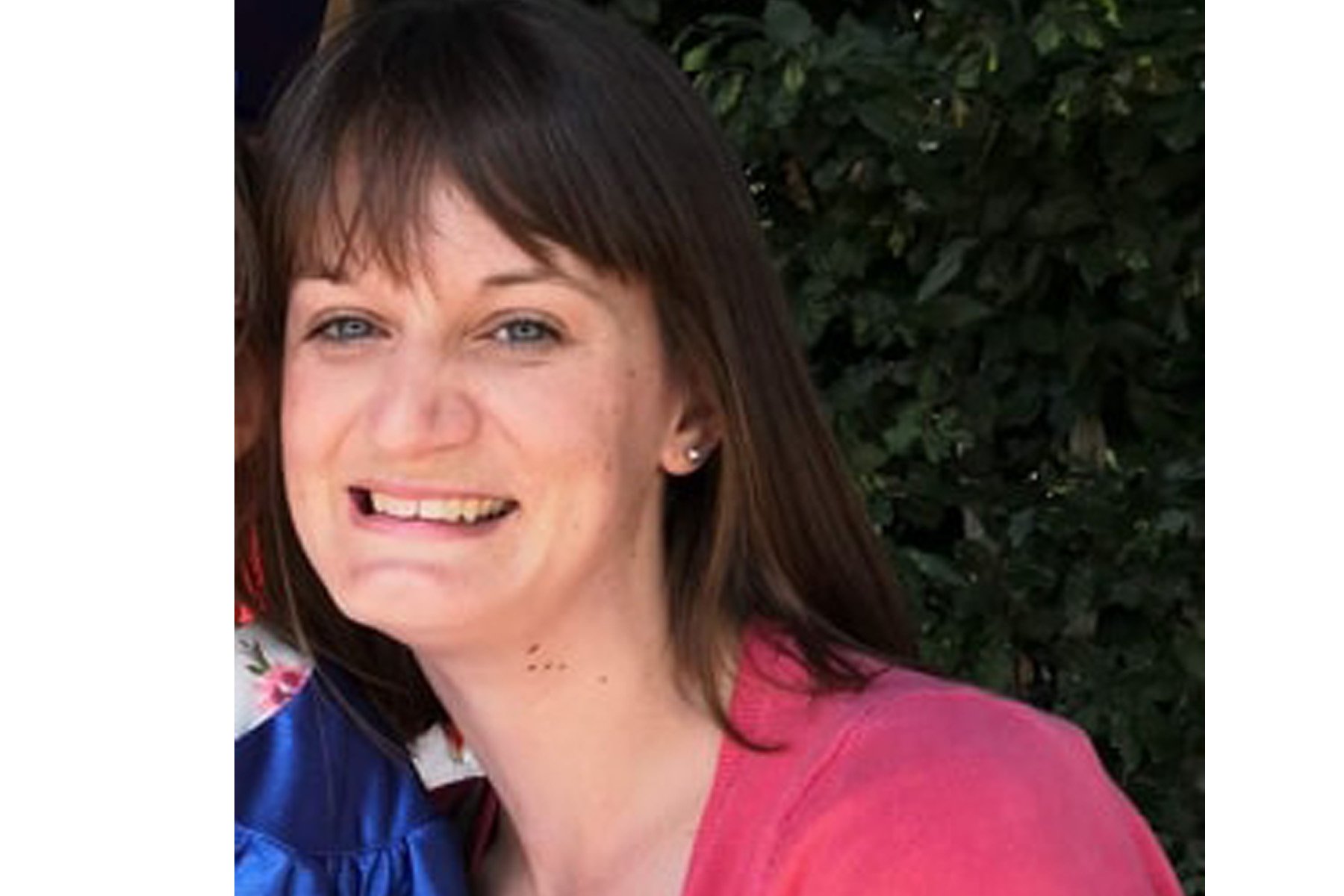I love my job. I work as a children’s speech and language therapist, and help children communicate which is very rewarding.
What my job involves
My job means I work in a variety of settings, including mainstream schools, special schools, a specialist nursery and a child development centre.
I work with children who have difficulties with their expressive language skills (talking), their receptive language (understanding), speech (sounds) and their social communication skills.
The job also involves working alongside parents to help them support their child at home. I also work with speech and language therapy assistants, school staff and other health professionals, such as health visitors.
An important part of my job is training others and helping them to know what to do to support the child’s communication. I assess a child’s communication, set targets and deliver therapy sessions.
My job allows me to be creative when I’m planning therapy games but I also need to know the science behind communication difficulties.
How I got to where I am
When I was at school and I was thinking about what kind of job I would like to have, I knew it had to involve helping others and working with children. I did A-Levels in English Language, psychology, biology and sociology.
During my English course, I studied a module on child language acquisition which really inspired me. I then started looking into careers as a speech and language therapist.
I completed a three-year degree in speech and language therapy at university, which I really enjoyed because I was training for a very specific job. As part of the course, I went on placement to learn the practical skills needed for the job.
What speech and language therapists do
Speech and language therapists (SLT) also work with adults who have difficulty communicating, whether it’s as the result of a stroke or illness, or as part of a learning disability.
And we also help people with stammers, voice problems and unclear speech as the result of a cleft palate or deafness.
Did you know, an SLT can also help people with swallowing difficulties?
In my team, I am now the student placement coordinator, which means I organise placements for SLT students. I love having students work with me and learning from them too.
How you can get great experience
If you are thinking of a career in speech and language therapy my advice would be to get experience of being around people with communication difficulties.
This might include volunteering or working in a special school, care home or hospital. Contact your local speech and language therapy NHS team and ask if you can shadow an SLT to see them in action.
I’m happy to chat with anyone who would like to find out more.
Useful links
Find out more about speech and language therapy on the NHS Careers website.
Read more
How do I decide what to do with my life? Here’s how to uncover your passion
